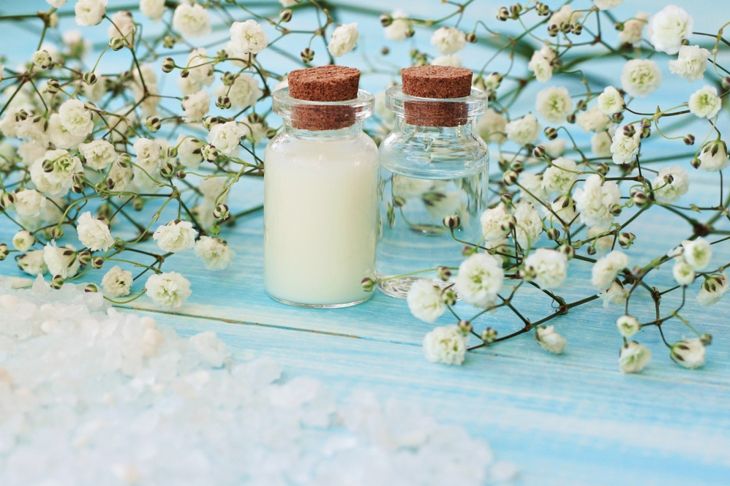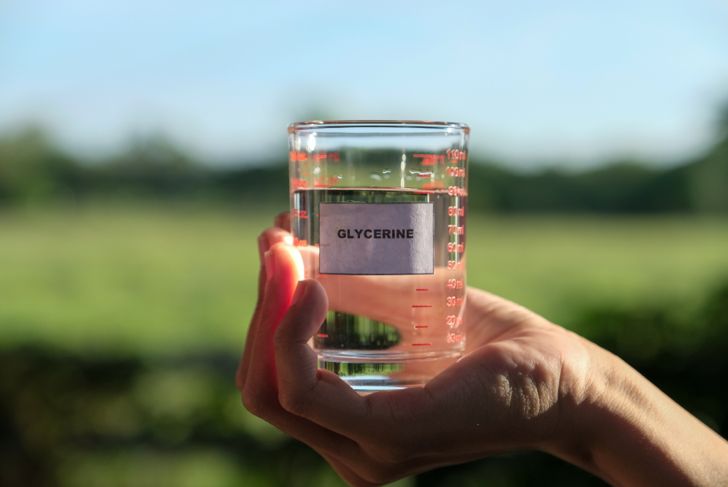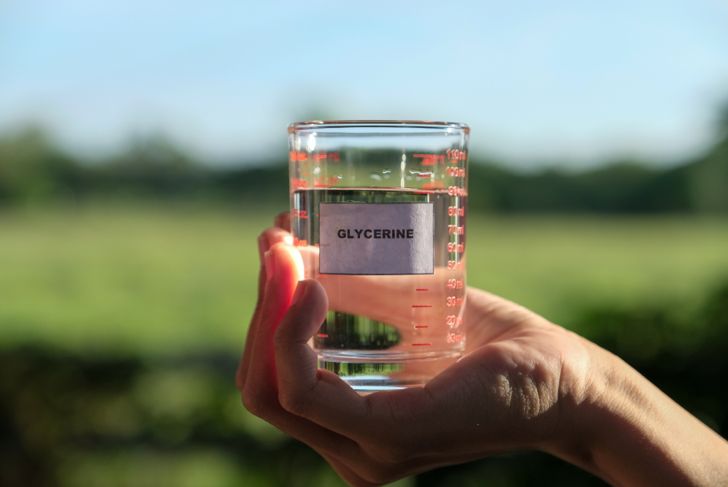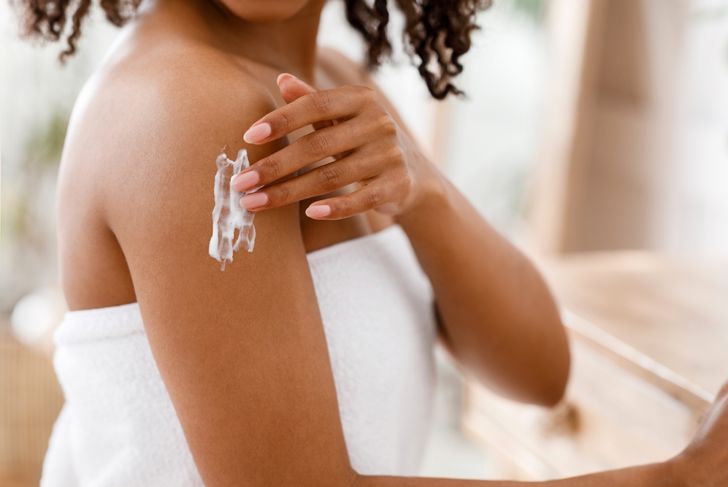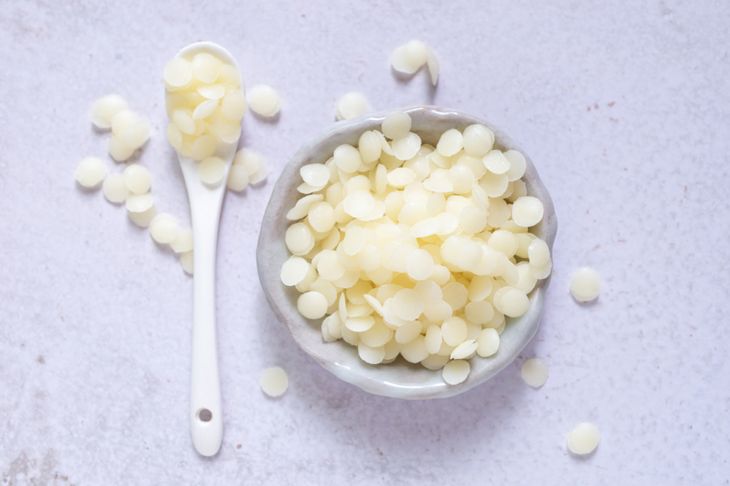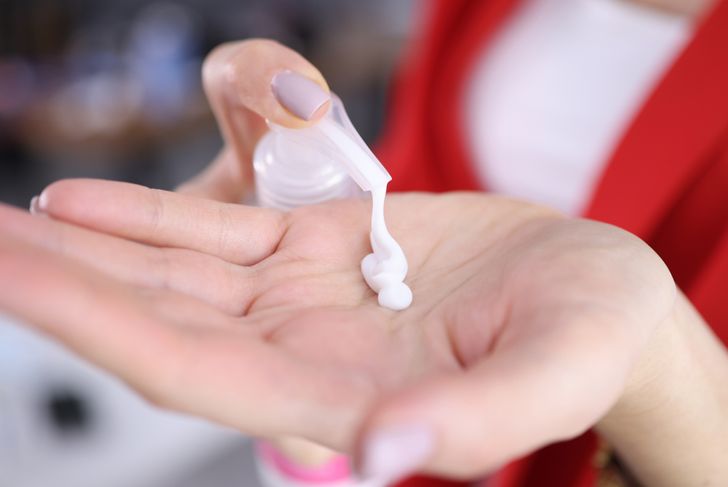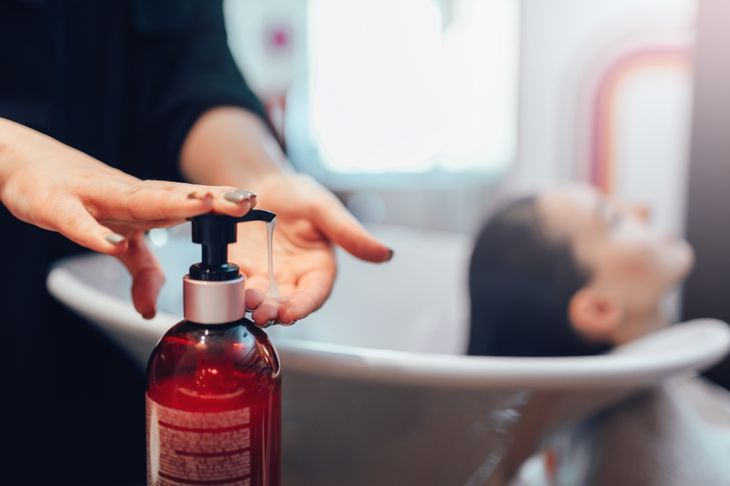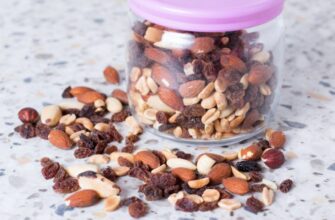Humectants are a common ingredient in beauty products, like shampoos, conditioners, lotions, and moisturizers. They work by drawing in and retaining moisture and preserve the integrity of the other ingredients. Humectants are safe and effective, but only when used with the right blend of ingredients.
How They Work
Humectants work by attracting and binding to water. Many of them also act as emollients, which soften the skin. One of the key things about humectants is that they only hydrate the skin if the humidity in the surrounding air is greater than 70 percent. If the air is too dry, there is not enough moisture available for the humectant to attract.
Examples of Humectants
Humectants do benefit the hair and skin, but not all humectants are equal. Some come from natural sources, while others are synthetic. Examples of humectants include honey, glycerin, aloe vera, and sorbitol, a sugar naturally found in many fruits.Synthetic humectants commonly used in hair and skincare products include glyceryl triacetate, lithium chloride, and propylene glycol.
Uses
Many beauty products use humectants, including makeup, lip balm, shampoo, conditioner, skin lotions and butters, and cleansers. Humectants are typically used in conjunction with other ingredients, including antioxidants, emulsifiers, preservatives, and occlusives.A humectant on its own will not adequately hydrate the skin or hair, and these other ingredients are necessary to make them effective.
Benefits
Humectants keep moisture close to the surface, which is important when trying to treat dryness. Research shows that moisturizers that contain humectants increase the moisture in the skin faster than those that do not. Alpha-hydroxy acids, lactic acids, urea, and glycerin are very effective in this respect.
Pros and Cons
Using humectants has its pros and cons. Although humectants can increase the moisture of the skin quickly, they can also dry the skin if the air is too dry. If the humectant cannot pull water from the air, it will draw it out of the deeper levels of the skin, leading to increased dryness.
Getting the Best Results
To get the most out of humectants, many moisturizers pair them with an occlusive, which prevents humectants from drawing water from deep in the skin if there is not enough water in the air. Occulsives create a barrier between the skin and the air, preventing moisture the humectant pulls out of the skin from evaporating. Some common occlusives included in hair and skincare products include beeswax and argan, jojoba, and safflower oil.
What to Look For
When choosing a moisturizer with a humectant, look for a product that also contains an occlusive and emmolients. The occlusive prevents the humectant from drying out the skin, and the emollient helps soften the skin.Different skin types, areas of the body, and skin conditions require different ratios of these ingredients. Anyone with sensitive skin, rash, or other skin condition should talk to a dermatologist to figure out what will work best for them.
Safety
Humectants may cause some irritation, depending on the one being used, but moisturizers with humectants are generally very safe, even when used on large areas for long periods. Some people have reactions to the proteins in some humectants, and other popular ingredients used along with humectants can cause acne, hives, and irritation.
Atopic Dermatitis
Studies show that humectants can help with atopic dermatitis, a condition that causes chronic skin inflammation, defects in the skin barrier, and itching. Humectants have been shown to reduce water loss from the deeper layers of the skin in people with atopic dermatitis. Studies also show that one humectant, urea, reduces skin irritation in atopic and normal skin.
Other Uses
Humectants are a common ingredient in cosmetics, shampoos, conditioners, and moisturizers, but they have also been used in food and agricultural products , including soft candies, marshmallows, and shredded coconut, to help them retain moisture.While many studies show that humectants are safe, researchers have not completed long-term studies on their use in electronic cigarettes, and their safety has not yet been determined.

 Home
Home Health
Health Diet & Nutrition
Diet & Nutrition Living Well
Living Well More
More